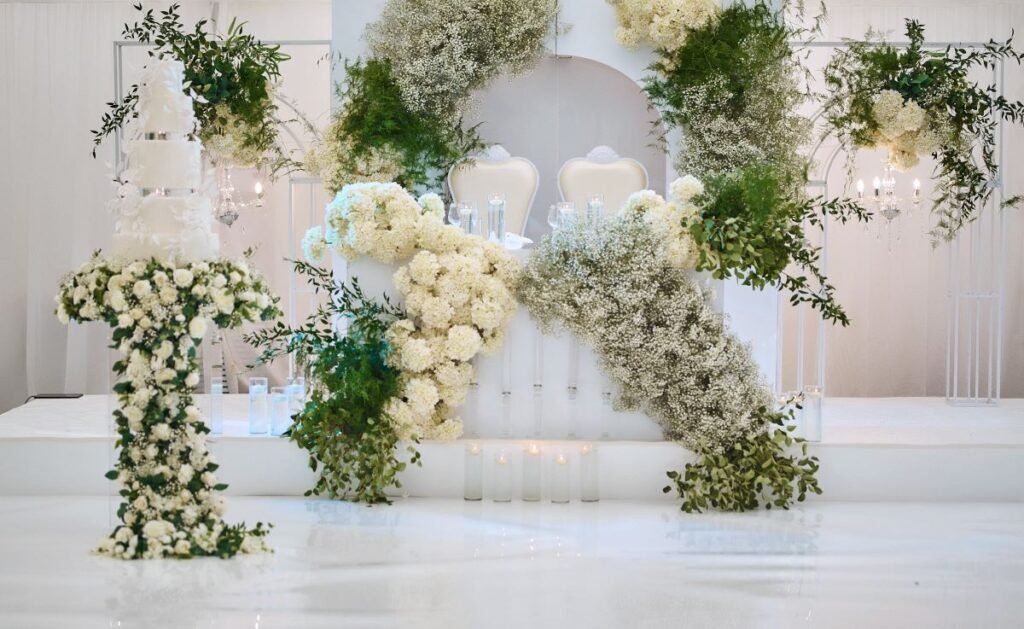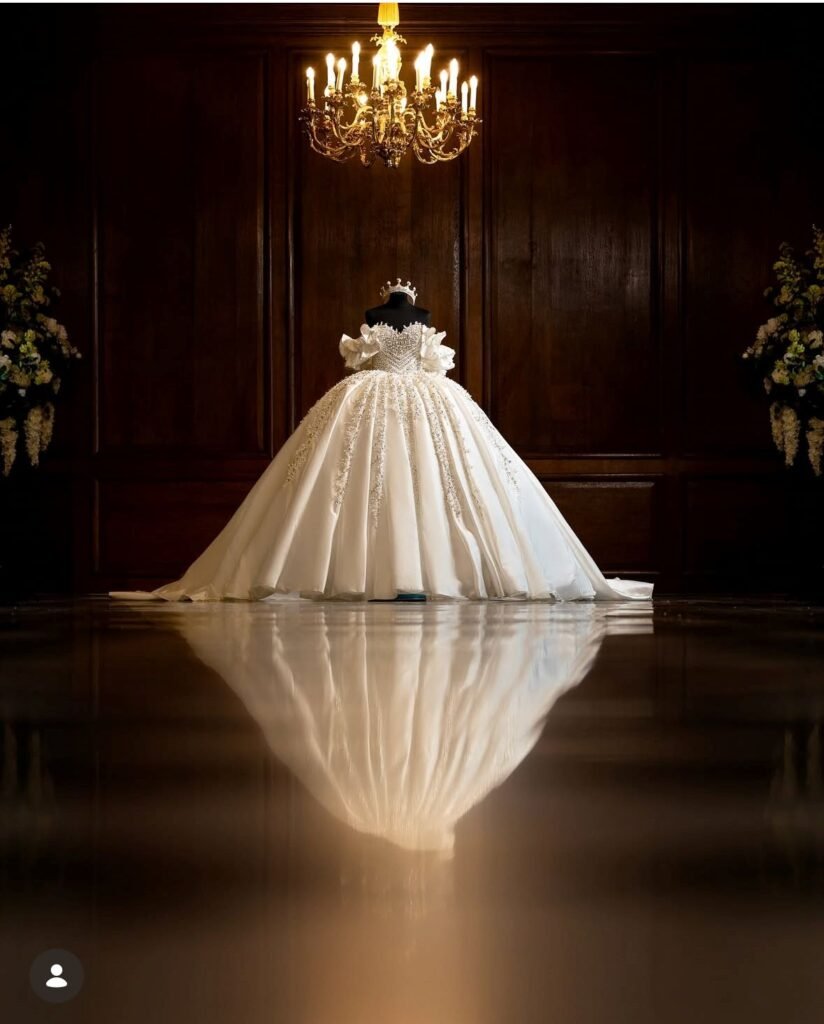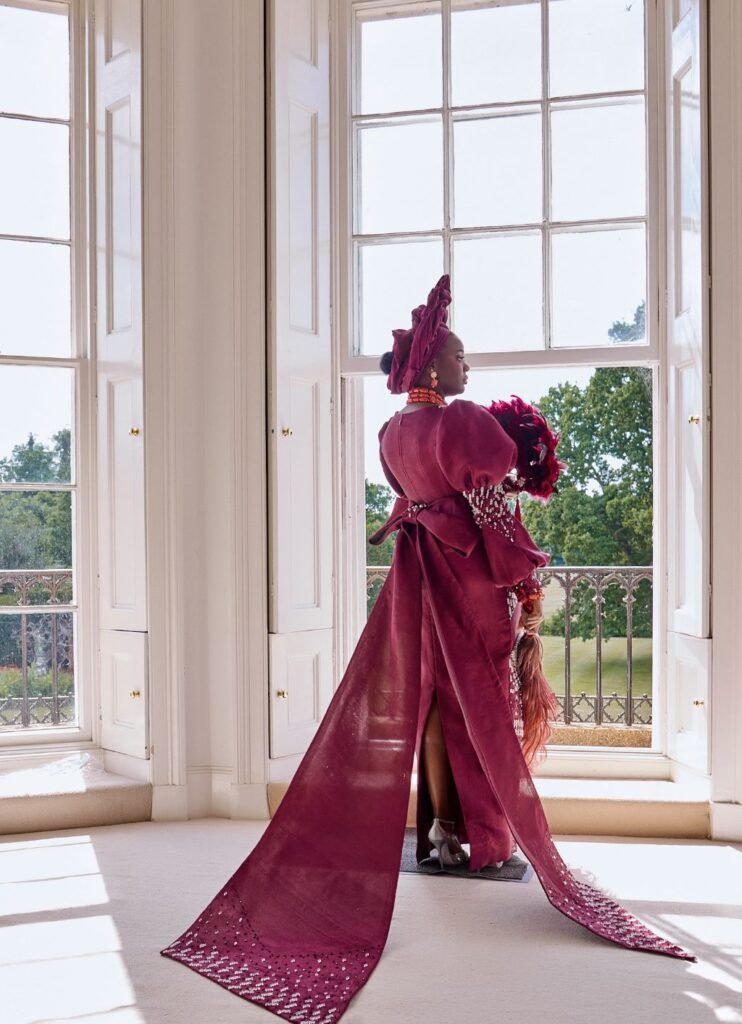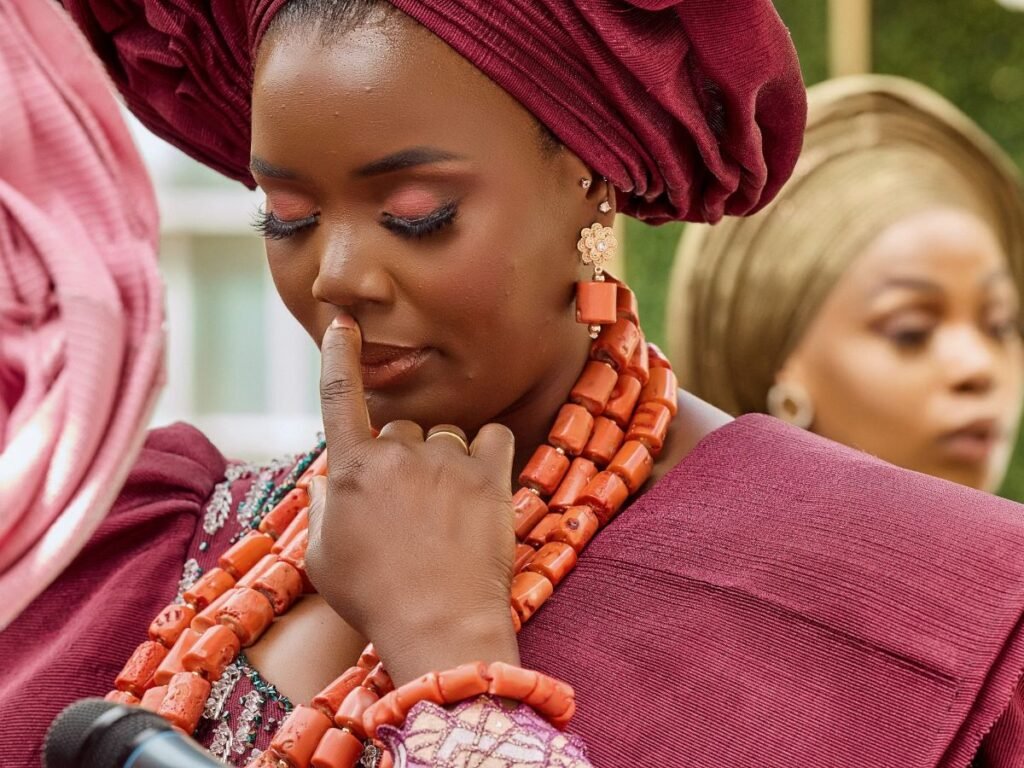
I’ve just returned from planning a stunning wedding at a French château — the kind of wedding most couples dream about. The setting was magical: grand architecture, lush gardens, the perfect romantic backdrop. But I left with a heavy heart. Not because the décor wasn’t perfect or the schedule ran late, but because of how my chosen vendors and by extension, my clients and I were treated.
This experience forced me to confront a question that has been quietly growing louder in my mind: What does “luxury” really mean in the wedding industry?
When we think of luxury, we often think of opulence — the chandeliers, the fine wines, the Michelin-starred menus. But as an event planner, true luxury lies in the value and experience. It’s the feeling of being understood, respected, and cared for, from the first email to the final farewell. It’s in the thoughtful gestures, the attentiveness to culture, and the genuine desire to make each celebration feel unique.
It’s not just the venue’s grandeur, but how my clients are made to feel from the very first email, all the way to the moment the last vendor packs up. It’s respect, hospitality, and excellence not just for those spending millions, but for every couple who invests their savings to celebrate love in a meaningful way.
This is what clients, especially African couples, are seeking when they travel abroad to celebrate their weddings. They are not just buying an elegant backdrop — they are investing in an experience that mirrors who they are and what they value.
And if a venue or vendor can’t provide that feeling, if it treats some clients with skepticism or dismissiveness, can it truly call itself “luxury”?

For this wedding, my couple chose a spectacular château in France. From the beginning, the tone was off. The venue’s preferred vendor list had no Black caterers, no Black florists. And yet, the wedding guest list was almost entirely Nigerian.
Naturally, we asked for permission to bring in our own trusted caterer. Black-owned businesses who could deliver not just luxury, but authenticity. The venue agreed, but from that point forward, there was a subtle but unmistakable undertone: a sense that we were being “allowed” in, but not truly welcomed.
On the wedding night, we faced bad weather which led to unavoidable delays. This meant my vendors needed extra time to clear out — about two hours beyond the strict 1:45 a.m. deadline. The next day, the venue manager said something I will never forget:
“You wanted these vendors. You got them, they are absolutely not capable of working in time at least.”
To me, that statement was more than just unprofessional — it was offensive. It implied that our vendors were incompetent, not because of what actually happened, but because of who they were.
And then came another comment:
“You left the inside dirty and smelling. We have clients spending millions next year.”
The implication was clear: because we weren’t “million-dollar” clients, we didn’t deserve the same grace or respect.
But my clients paid for that venue, just like anyone else. They deserved the same hospitality, regardless of the budget. And my vendors who stayed late to ensure the château was returned spotless deserved to be respected, not dismissed.

I want to be clear: every couple has the right to choose where they want to marry. If their dream is a château wedding in Europe, then so be it — I will be the first to cheer them on and make it happen.
But if any luxury venues want to host these weddings and there is clearly a growing number of African weddings being held across the continent, they must also be ready to serve this client base with excellence.
The numbers speak for themselves: Europe’s destination wedding market is projected to grow from around USD 9.9 million in 2023 to USD 56.3 million by 2033, driven by demand for unique, experience-rich weddings and personalization. Even if specific statistics for African weddings are not yet tracked, anyone in the industry can see the trend, more African couples are choosing European venues every year.
If any luxury venues are serious about this market, they need to be culturally fluent: able to accommodate African cuisine, African music, and African wedding traditions with the same grace and quality as they do for any other culture.
This is not only about venues. Cultural fluency isn’t just for venues; it must extend to every vendor on the list, from the florist to the lighting engineer ’.
Luxury should never be exclusionary. True luxury means that every professional involved respects the couple, their guests, and their culture — and delivers the best experience possible.
In 2020, when the world was reckoning with racial justice, wedding publications rushed to feature Black planners, Black photographers, Black love. Representation became a buzzword.
But five years later, I see a gap. Representation is no longer enough. We must move toward recognition and fair treatment.
Representation is meaningless if, when we do step into these venues, we are met with skepticism, condescension, or outright bias. If Black creatives are only celebrated when hand-picked by a magazine, then we are not truly included.
Luxury venues often say they want to “embrace African weddings.” But to truly do that, they must go beyond aesthetics — beyond just allowing a Yoruba drummer in the courtyard or approving jollof rice on the menu.
They must invest in understanding African culture, trust Black vendors with the same confidence they give to their white counterparts, and deliver an equally excellent experience.
Because luxury is not just how a wedding looks, it’s how a couple feels when they leave. And every couple, no matter their background or budget, deserves to feel valued.
The Future We Deserve
I know some will say, “But we don’t trust Black vendors to deliver.” Perhaps they’ve had a bad experience before. But trust is built by giving opportunities — by believing in talent, by letting us prove that we can meet and exceed the highest standards.
If you never try, how will you know that a Black wedding planner or photographer can deliver as well or better than the “usual” luxury names?

Luxury should not be about exclusion. It should be about inclusion, about offering the best possible experience for everyone who walks through your doors.
And that is the future of luxury weddings: one where culture, talent, and respect meet in equal measure.
It’s time for the global wedding industry to expand what “luxury” truly means. Conversations around design, scale and guest experience dominate conferences like Engage! Summit, DWP Congress, and EWPC (Exotic Wedding Planning Conference) — yet the real dialogue that could redefine our industry is often missing.
If we are truly shaping a global luxury narrative, then cultural intelligence and inclusivity must become central to the conversation. The African wedding market is one of the fastest-growing luxury segments in Europe and beyond — and with that growth comes a responsibility for venues, planners, and creative partners to understand, respect, and celebrate the culture behind the celebration.
Luxury isn’t just about chandeliers and châteaux. It’s about creating experiences where every couple feels seen, valued, and understood. This is the dialogue I’m passionate about leading — through training, speaking engagements, and collaborative conversations that help our industry move beyond surface-level luxury into something more meaningful, respectful, and truly global.
